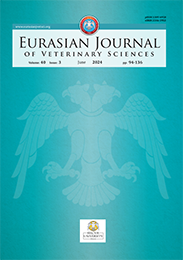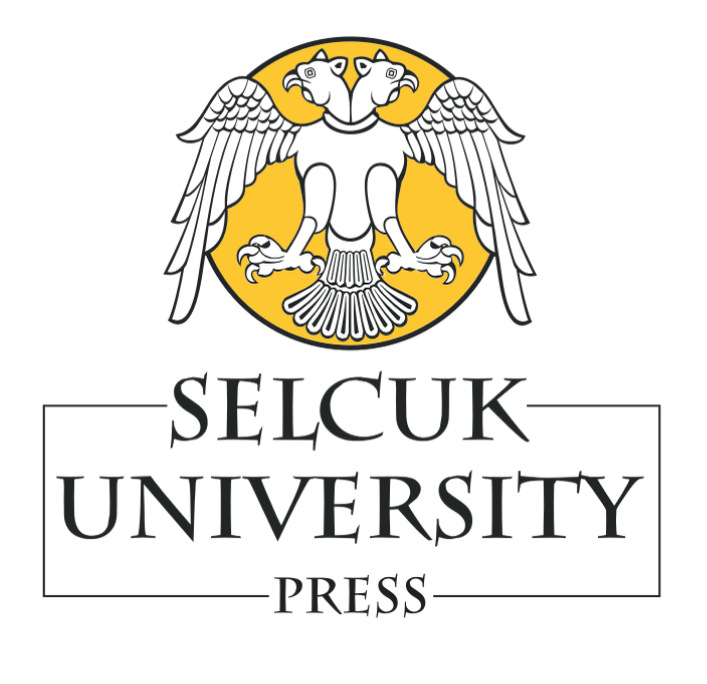| 2017, Volume 33, Number 4, Page(s) 208-213 |
| [ Summary (Turkish) ] [ PDF ] [ Similar Articles ] |
| The effect of litter size and gender on immunoglobulins and oxidative stress in Damascus goats |
| Mehmet Aköz1, İbrahim Aydın2, Özcan Barış Çitil3 |
| 1Selçuk University Vocational School of Health Services Konya / Turkey 2Selçuk University Faculty of Veterinary Science Department of Obstetrics Konya/ Turkey 3Selçuk University Karapınar Aydoğanlar Vocational School Konya/ Turkey |
| Keywords: Goat, immunoglobulin G, immunoglobulin M, malondialdehyde, nitric oxide |
| Downloaded:1241 - Viewed: 2902 |
|
Aim: The aim of this study is to investigate the effects of litter
size (singleton-twin) and gender on the immunoglobulin level
and oxidative stress in Damascus goats.
Materials and Methods: Blood samples were taken with in 20 minutes after delivery from the Damascus goats delivering singleton and twin and non-pregnant Damascus goats that were served as control group. The values of immunoglobulin G (IgG), immunoglobulin M (IgM), malondialdehyde (MDA), nitricoxide (NO) and total antioxidant status (TAS) were measured in blood plasma. Results: IgG and IgM levels in twin pregnant goats were higher than non-pregnant ones (P<0.05); whereas, MDA levels of twin pregnant goats were lower than non-pregnant ones (P<0.05). NO level in goats delivering twin was detected to be higher than pregnant goats delivering single and control group (P<0.05). Positive correlation was determined between IgG and IgM (r=0.946, P<0.001); whereas, no correlation was determined between other parameters (P<0.05). Although IgG, IgM, MDA, TAS and NO values were determined to be higher in goats delivering male kids than goats delivering female kids, no statistical difference was observed (P<0.05). Conclusion: As a result, twin pregnancy may cause an increase in immunoglobulin levels but the gender of kids did not have any effect on immunoglobulin level and oxidative stress. |
| [ Summary (Turkish) ] [ PDF ] [ Similar Articles ] |





